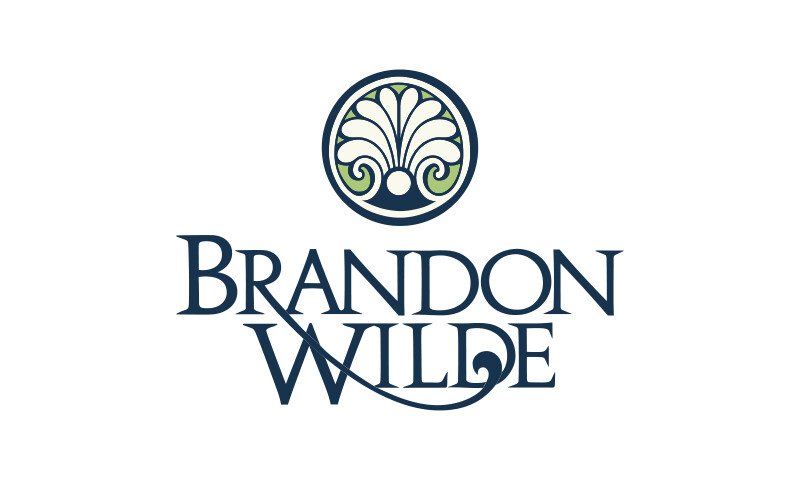Exploring your senior living options.
To help you more easily understand your choices, here’s an overview of what is available in the senior living industry.
“Deciding to move to an apartment in Brandon Wilde about a year ago was one of the best decisions I made. From staff to residents, everyone has been very friendly, welcoming, and helpful. There is always something to do – exercise classes, entertainment such as concerts, lectures, social get-togethers, books from the library, and everything in between. You can do as much or as little as you choose – it’s entirely up to you. The primary reason I moved here was to relieve my two sons from having to make tough decisions about my care as I age. For that, they are grateful and I am at peace.” – Resident
Life Plan Communities
Typically three Life Plan Community options are available in the senior living industry: LifeCare®, modified LifeCare®, and fee-for-service. Each of these options offers a wide variety of services (maintenance, linen service, housekeeping, dining) and amenities (fitness area, pool, classes, and clubs and socialization activities) as well as a resident’s transfer to an appropriate level of care, including personal care, memory care, short-term rehabilitation, and skilled nursing.
While these three different types of communities have a lot of similarities, there are also quite a few differences. Fill out the form on this page or call us at 706-740-4204 to schedule an appointment to learn more about what is available at Brandon Wilde.
LifeCare® community
- LifeCare® communities offer a wide variety of included services, amenities, wellness programs, dining and health care at a predictable monthly rate.
- You have guaranteed access to a full continuum of quality on-site care, including personal care, short- and long-term rehab, skilled nursing and memory care, at predictable monthly rates that are far below market rates.
- Transfer to an appropriate, higher level of care is typically for an unlimited time, and the community assumes the majority of the financial burden of the resident’s long-term care.
- A portion of your entrance fee is refundable to you or your estate.
Modified LifeCare® community
- You have guaranteed access to a full continuum of quality on-site care, including personal care, short- and long-term rehab, skilled nursing, and memory care, but the number of days included in your entrance fee is limited. After you use up your covered health care days, you’ll pay market rates for ongoing care.
- The monthly fee you pay in any given month depends on the health care services you need, making it difficult to determine your monthly budget.
Fee-for-service community
- This community type usually has the lowest entrance fee and monthly fees.
- You have access to all the community’s services and amenities.
- If health care services are needed, they’re provided at market rate, making it difficult to determine your monthly budget.
To learn more about your financial and senior living options, download our free guide, “A Financial Guide to Life Plan Communities”.
Rental communities
Rental communities are usually in a building or complex, and all apartment maintenance is generally handled by the management company.
- There is no entrance fee.
- Services like housekeeping, dining and amenities like a swimming pool and fitness areas could be included in your monthly rent or available for an additional fee.
- Some communities have higher levels of care on-site. If you need a higher level of care and it’s not offered on-site, you could have to make another move.
- You could have limited socialization opportunities, as the length of stay is much shorter and the population is more transient, because they aren’t as invested in the community.
- If you use their on-site care, your monthly rent will go up to cover the cost.
Active adult communities
Active adult communities usually have a minimum age requirement (typically 55+) and can be a community of houses, duplexes or high-rise condos. The cost of this option is usually similar to the price of area homes.
- Moving to a smaller house, townhome or condo is a great way to downsize while continuing homeownership.
- This type of community may come with a maintenance fee to cover the costs of upkeep of your home, lawn and community areas.
- The community may not offer socialization and wellness programs.
- This choice doesn’t typically offer access to future health care. So in the event of a health crisis, couples could be split between their 55+ residence and a health care center. Or you both may even have to move.

